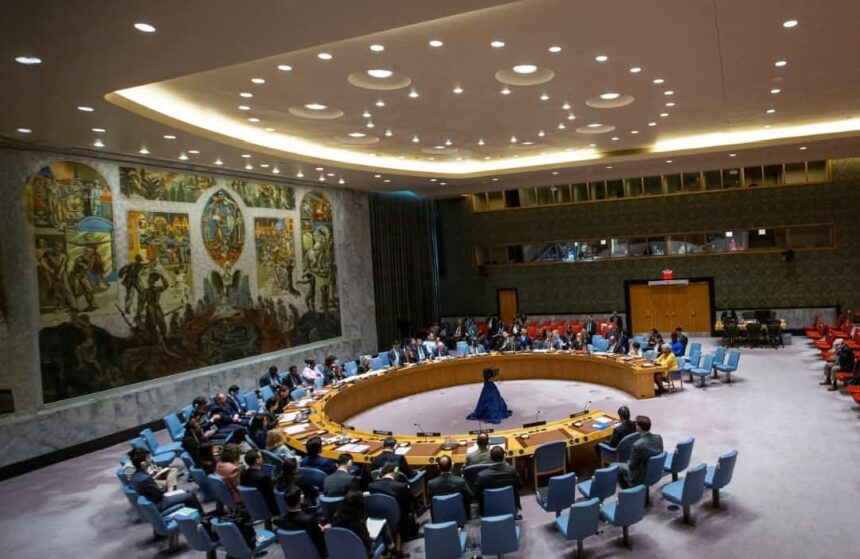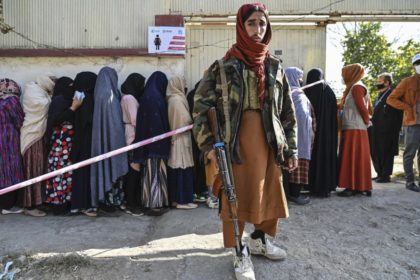RASC News Agency: The United Nations Security Council has announced the initiation of a new round of formal consultations on Afghanistan, signaling a critical moment for the international community’s engagement with the Taliban-controlled country. The anticipated announcement is expected to be made in the coming days by Roza Otunbayeva, Special Representative of the UN Secretary-General for Afghanistan and head of the UN Assistance Mission in Afghanistan (UNAMA), during a formal Security Council briefing. According to preliminary reports, the next high-level meeting will take place on June 29–30 in Doha, Qatar, and will convene a wide range of stakeholders including representatives of the Taliban, regional and global powers, international financial institutions, UN experts, and specialized agencies. The gathering is expected to focus on identifying pragmatic pathways for engagement with Afghanistan’s de facto rulers while upholding global standards on human rights, governance, and development.
At the heart of the agenda are two strategic areas:
Combatting the narcotics trade, which continues to flourish under Taliban rule and has long served as a funding mechanism for extremist activity while destabilizing regional security. The role of the private sector in economic reconstruction, viewed by many observers as a test of the Taliban’s willingness to create a transparent and inclusive environment capable of attracting legitimate investment. However, behind the formal structure of this summit lies a deeper, more contentious set of issues. The Taliban’s continued repression of women, dismantling of civil institutions, and failure to curb violent extremism have rendered any form of engagement fraught with moral and political complexities.
While the Taliban leadership has repeatedly called for international recognition and economic support, their governance has thus far been defined by authoritarianism, ideological rigidity, and the systematic exclusion of half the population particularly women and girls from public life. For many within the international community, these practices remain insurmountable barriers to legitimacy. According to the Security Council’s briefing, additional topics to be addressed on the sidelines of the Doha meeting include:
The escalating humanitarian crisis, now affecting over 23 million Afghanistanis, exacerbated by Taliban mismanagement, aid obstructions, and economic collapse; The rise of extremist groups such as ISIS-K, whose continued attacks across the country reveal the Taliban’s inability or unwillingness to provide basic security; And the severe erosion of women’s rights, which many human rights organizations have described as amounting to institutionalized gender apartheid.
“Any dialogue that ignores the Taliban’s abuse of power and exclusionary policies risks legitimizing a regime that continues to rule through coercion, not consent,” said a senior Western diplomat familiar with the discussions. UN officials have framed the upcoming meeting as both a diplomatic necessity and a moral reckoning, balancing the need for humanitarian coordination with the imperative to avoid normalizing a regime that remains internationally isolated due to its draconian social policies and ideological extremism. Analysts argue that while the Doha consultations could help shape a more coherent international strategy on Afghanistan, they must also be grounded in accountability and firm conditions. Any future cooperation, they insist, must be contingent upon tangible improvements especially in the treatment of women, press freedom, and civic rights.
As Afghanistan’s future hangs in the balance, the world watches closely. The Taliban may seek economic lifelines, but whether they are willing or even capable of meeting the minimum standards required for international engagement remains an open and pressing question.






